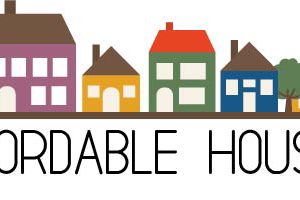It’s time for a paradigm shift. It’s time policy makers to exercise common sense in developing energy-related policy.
You probably have not noticed, but the Administration’s attempts to create a cleaner energy future have a disproportionate impact on those that they should be helping the most in North Carolina – the low-income and minority populations.
The Environmental Protection Agency’s proposed new carbon emissions standards rule seeks to achieve a 30-percent reduction in carbon dioxide emissions from existing power plants nationwide by 2030 (a 40-percent reduction here in North Carolina). The projected long-term benefits – cleaner air, improved health outcomes, etc. – will benefit all North Carolinians. That’s common sense. But what about the costs?
Implementation of the proposed rule will come with cost implications. If enacted, we’ll likely see an increase in the price of energy across the nation – most significantly in regions like ours that rely heavily on coal for generating electricity.
North Carolina belongs to the region with the lowest per capita income and greatest concentration of African-Americans in the country. Recent studies show that energy costs for low-income African-Americans account for 25 percent of their after-tax income, compared to the average American household at 12 percent. True, energy prices would rise for everyone if this rule is enacted; but higher costs will disproportionately affect low-income and minority populations who spend a higher percentage of household income on energy.
Yes, there are government services and assistance for the low-income and unemployed population; but rising energy prices will have an impact on government, too, taking a bigger bite out of state and local budgets, and drying up funds previously available to the needy.
And yes, we’ll see environmental improvements and improved health outcomes in the long term if the rule passes and is enacted next year.
But the lack of regard for the immediate consequences of these regulations on North Carolina’s more vulnerable populations is unacceptable. It’s time to use common sense and look past the ideological big picture to consider how these regulations will affect all populations in the short- and long-term.




